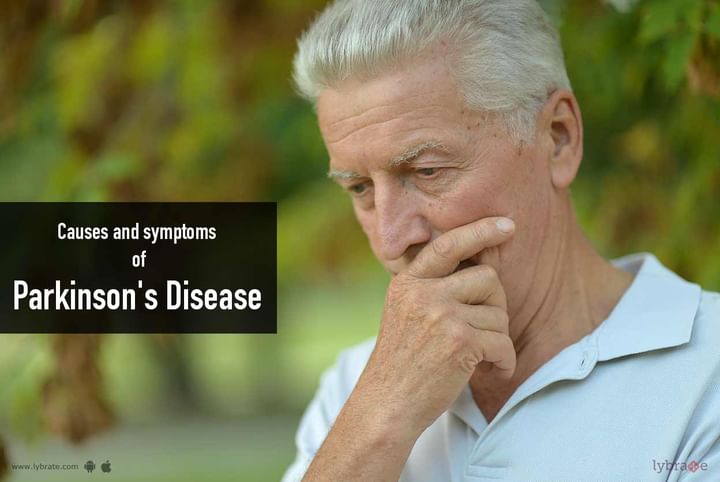Causes and Symptoms of Parkinson's Disease
Parkinson's disease is a neurodegenerative condition that affects your brain cells which produce dopamine and thus hampering all kinds of motor functioning and other emotional responses. After the disease is diagnosed, medication and therapy can help to provide relief from the symptoms to a large extent but a permanent cure is not possible.
Causes:
The disorder does not have a definite set of causes. A small percentage of the cases have been related to hereditary factors and others have a range of environmental causes associated with them.
1. Genetic factors:
Specific gene mutations and gene variations have been proved to cause Parkinson's, such as SNCA, PARK2, PARK7, PINK1 and LRRK2. These make or recycle proteins which are linked to the disease.
Research shows that men are at a 1.75 times greater risk of developing the condition than women are. Also, age plays a role with most cases occurring after the age of 60.
2. Environmental factors:
Regular exposure to inorganic insecticides, pesticides, herbicides and heavy metals or other toxins may cause the disorder. In rare cases, Parkinson's disease occurs in the aftermath of a severe head injury or immune disorders.
Symptoms:
The symptoms can be classified into two broad categories-
1. Motor symptoms:
- The hand tremors when in resting position
- The grip loosens
- Walking slows down
- Facial muscles freeze partially
- Speech is slurred
- Balance is disturbed
- Swallowing is painful
- Urination is abnormally frequent
- Dementia-like symptoms are seen
- There is involuntary twitching of the fingers and toes
- Repetition of the same movement in quick succession is nearly impossible
2. Non-motor symptoms:
- Dental problems
- Vision impairment
- Skin disorders
- Panic attacks
- Excessive secretion of saliva
- Extreme weight loss or gain
- Sexual problems
- Loss of sense of smell
- Lowering of the pitch of the voice
- Fatigue



+1.svg)
